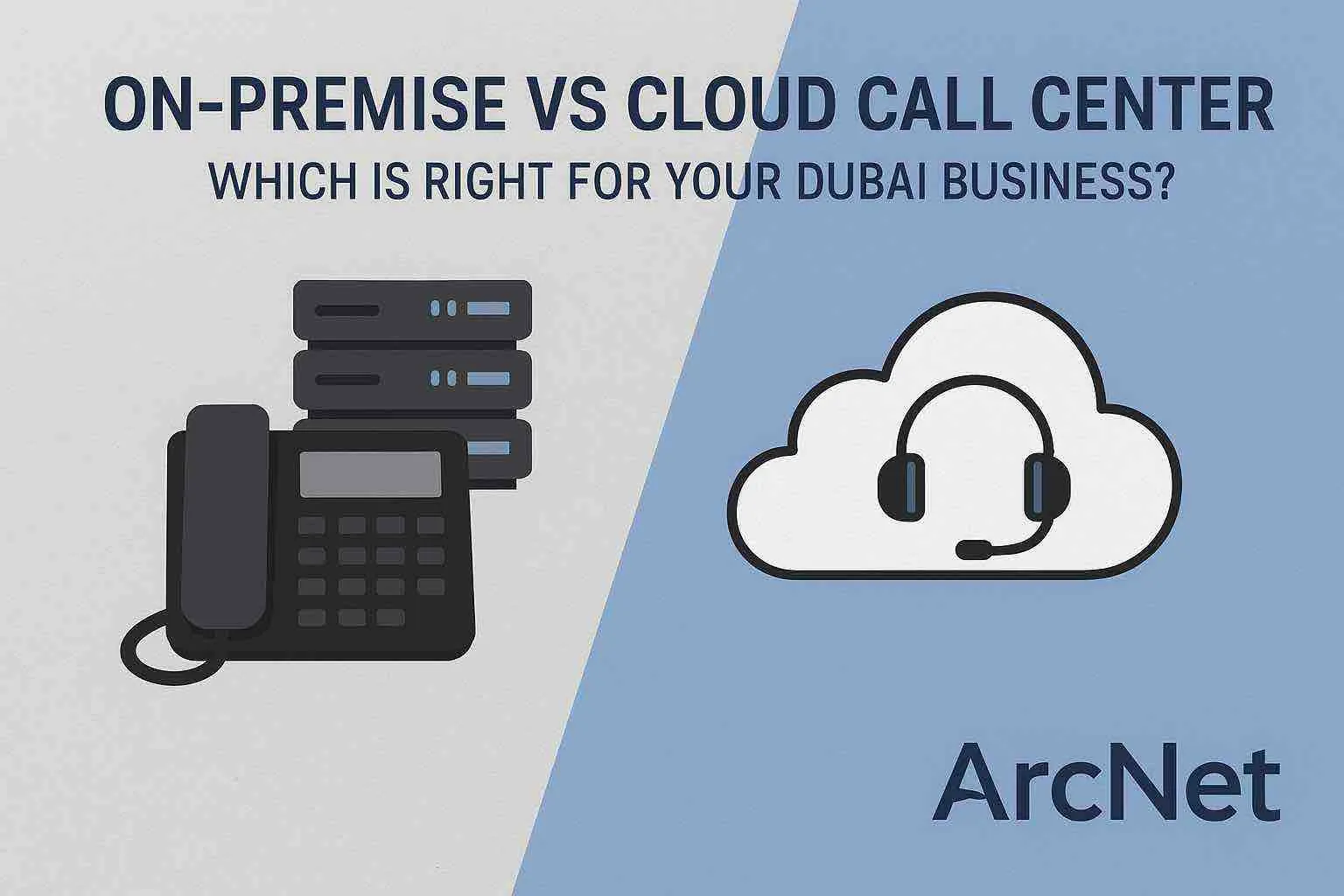Customer Data Security in Call Centers: Best Practices for Compliance
Call centers handle a wealth of sensitive customer information daily, making data security a top priority.
Sept. 23, 2023, 3 min read,

In the ever-evolving landscape of business technology, the importance of a robust and reliable IT infrastructure cannot be overstated. One critical component of this infrastructure is a dedicated server, and the decision to have a server installation within your company can significantly impact its efficiency, security, and scalability. In this article, we'll explore the reasons why your company needs a server installation.
A server acts as a centralized repository for your company's data. It allows all employees to access, share, and collaborate on documents and files seamlessly. Centralized data storage ensures that everyone is working with the latest versions of documents, reducing version control issues and improving productivity.
Data security is a top concern for businesses, and a server installation provides a more secure environment for your sensitive information. You can implement access controls, encryption, and regular backups to safeguard your data against unauthorized access, theft, or data loss.
Servers offer automated and efficient data backup solutions. Regular backups ensure that your critical data is protected in case of hardware failures, natural disasters, or data corruption. Server-based backups are faster and more reliable than manual methods.
As your business grows, so do your data and computing needs. A server installation can easily scale to accommodate increased data storage, user accounts, and computing power. This scalability allows your IT infrastructure to evolve alongside your business.
A server can optimize network performance by managing traffic, reducing latency, and ensuring efficient data transmission. It can also host essential network services like DNS, DHCP, and Active Directory, streamlining network operations.
User authentication and management become more manageable with a server installation. Implementing centralized user accounts and permissions simplifies access control, making it easier to grant or revoke access to various resources.
Servers can host critical business applications, such as customer relationship management (CRM) software, enterprise resource planning (ERP) systems, and collaboration tools. Hosting these applications on a server ensures consistent access and performance for all users.
Servers can handle email services, allowing your company to have its domain-specific email addresses. This not only enhances professionalism but also offers greater control over email security and management.
Many industries have stringent data retention and security regulations. A server installation enables your company to comply with these regulations by implementing the necessary security measures and data archiving practices.
While the initial investment in server hardware and installation may seem substantial, it often proves cost-effective in the long run. Servers reduce the need for multiple individual devices, streamline maintenance, and offer energy-efficient solutions.
In conclusion, a server installation inside your company is more than just a technological asset; it's a strategic investment in the efficiency, security, and scalability of your business operations. Whether you're a small startup or a large enterprise, having a dedicated server can empower your organization to stay competitive, protect valuable data, and adapt to evolving technology trends.
Call centers handle a wealth of sensitive customer information daily, making data security a top priority.

With the rise of Artificial Intelligence (AI), companies are finding innovative ways to revolutionize their customer feedback services

Embracing Technology for Enhanced Patient Care

Customer service is not just about solving problems and answering questions; it's also about understanding human psychology and emotions. Call centers are at the forefront of this intricate interaction, where every conversation can impact customer satisfaction. In this article, we delve into the psychology of customer service and how call centers can harness it to leave customers delighted.

In this article, we'll explore the key strategies that can transform your training program and empower call center agents to excel in their roles.

Branch connectivity is a crucial aspect of modern business operations...

In this article, we'll explore the pros and cons of each approach to help businesses make an informed choice.

Get know about The Internet of Things (IoT): Connecting the Smart World

In this article, we will delve into the crucial role of DNS in the internet, its function, and its significance in simplifying our online experience.

Voice over Internet Protocol (VoIP). what you should know about it.

Technical services for installing and setting up servers and supporting servers such as HP and Dell at your' place

video surveillance setups, CCTV gear with setup and installtion services.

In today's globalized business landscape, powerful communication and customer service are vital for achievement.

One question many business owners often wonder is whether they need a call center solution.

It's crucial to understand the essential software and equipment required to set up a call center. In this article, we'll walk you through the key components you need to establish a functional call center.

IPv4 vs. IPv6: Navigating the Transition to the New Internet Protocol

In today's world, fast internet is important. There are two common ways to get it: Fiber-to-the-Home (FTTH) and Digital Subscriber Line (DSL).

Acronyms like DSL and VDSL often leading to confusion about their meanings and capabilities. Are they the same thing? Or do they represent distinct technologies?

In this article, we'll dive into the world of call center performance measurement and explore the critical metrics that drive success.

"This has been by far the worst airline call center experience I've ever had"

Explore the latest advancements in access control technology, from IoT integration and touchless entry to biometric authentication and AI-driven automation, ensuring robust and efficient security solutions for modern workplaces.

In a fast-paced digital world, where communication and technology are vital, ArcNet stands as your reliable partner for all your IT and Telecom needs.

Enhance your business communication with ArcNet’s cutting-edge Call Center Solutions in Dubai, UAE. From advanced software to customized projects, we empower businesses with scalable, efficient, and cost-effective call center services tailored for success.

Discover how custom IT applications are reshaping the landscape of education, fostering innovation, accessibility, and collaboration.

Deliver exceptional customer service and improve agent efficiency with our Call Center Solution, available on-premise or in the cloud

Structured cabling refers to the standardized, organized, and comprehensive cabling system that serves as the foundation for all communication networks within a building or campus....

Building connections that matter — discover how to set up a powerful call center in Dubai with the right technology, people, and local expertise

Here’s a simple breakdown of on-premise vs. cloud contact centers — setup time, costs, scalability, and compliance tips to help you choose what fits your business best.

Find the perfect call center setup for your Dubai business — scalable, bilingual, and built for UAE success with ArcNet.
